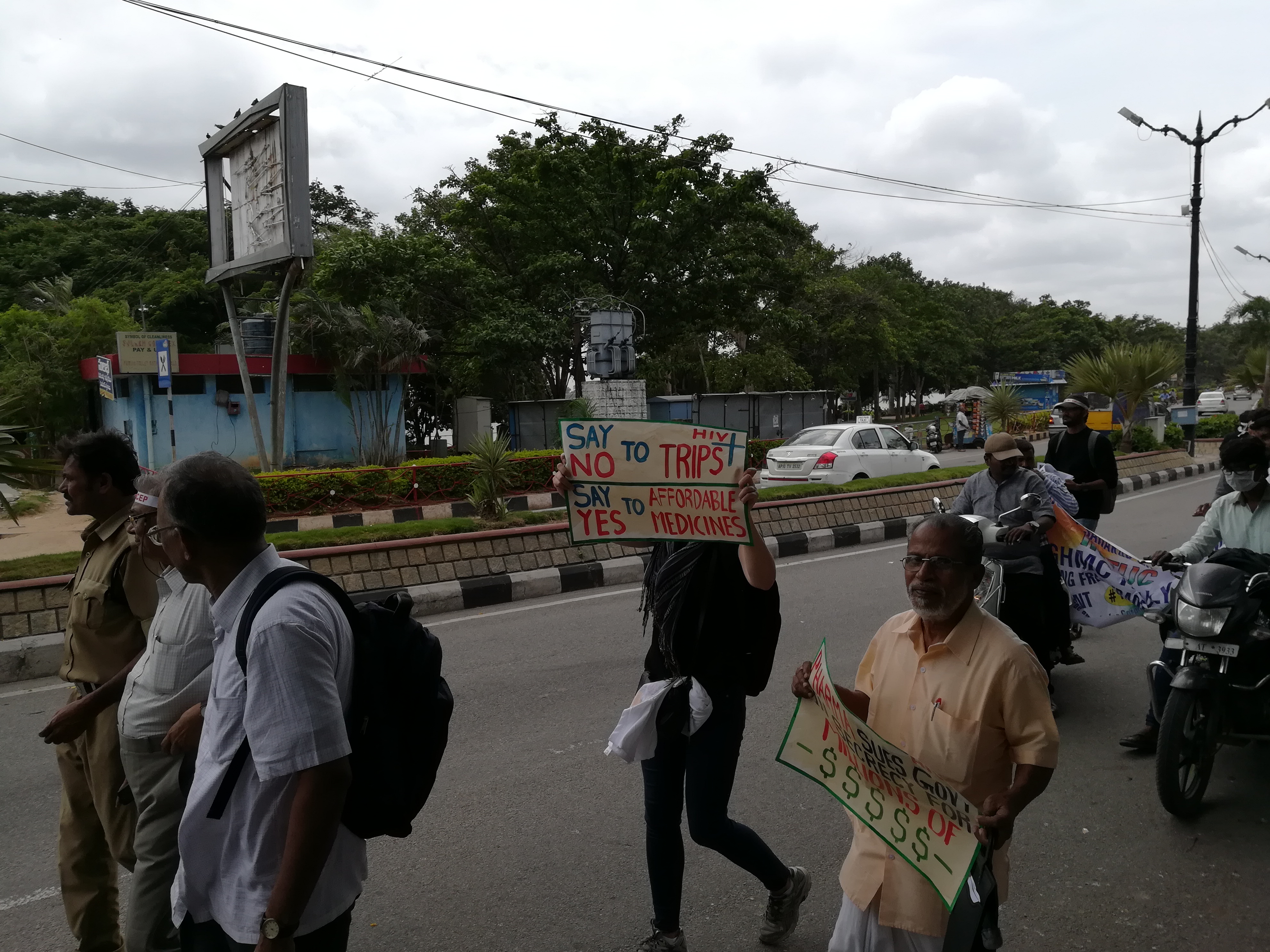Medicines in India likely to be costlier due to RCEP trade pact
DNA | 2 August 2017
Medicines in India likely to be costlier due to RCEP trade pact
by JYOTSNA SINGH
The 19th round of Regional Comprehensive Economic Partnership (RCEP), a mega free trade agreement being discussed among 16 countries including India, concluded last week. However, the key issues holding the final text of these negotiations don’t seem to be getting resolved. These negotiations, which started in 2012, are largely considered to be anti-farmer, anti-poor, pro-corporations, and often undermine the socio-economic growth of less developed countries.
One of the worst affected commodities of RCEP will be cheaper generic medicines. The negotiations are held in utmost secrecy and without any communication to the general populace. Though the draft of RCEP negotiations has never been made public, its chapter on intellectual property was leaked in October 2015. The chapter contained some frightening provisions favouring big pharmaceutical companies. The provisions allow these companies to increase their monopoly over medicines for a longer period, shooting up their prices many times over. The text showed that two countries — Japan and South Korea — have asked for extension of patents term from the current 20 years. This means a longer period of market monopoly for just one company for a particular drug.
Another key ask by these countries is data exclusivity for five years. An innovator has to submit clinical trials data to the drug regulator which can be used by generic manufacturers. With data exclusivity (DE) in place, producers of low-cost generics will not be able to register their medicines until DE expires, giving a few years of monopoly to the innovator company. Patent extension and DE combined can be extremely damaging. Health activists and patient groups have been challenging granting of patents, especially for medicines important for public health emergencies. However, there is no way to legally challenge DE, once granted.
A blockbuster medicine by US pharmaceutical giant Gilead for liver disease Hepatitis C was priced at $1,000 per pill in 2014. Thus, the cost of treatment was Rs 55.9 lakh. However, due to public pressure and challenges to patent, Gilead was forced to give licences to Indian generic companies. The treatment cost at the moment in India is Rs 5,000-9,000. If India had a DE provision in its patent regime, we wouldn’t have had access to cheaper medicines for many years to come. Gilead made use of DE in Ukraine, which has DE in its policies, and the Hepatitis C treatment is very expensive and is unaffordable for patients there.
One major casualty of RCEP is going to be the Doha Declaration of 2001. The Agreement on Trade-Related Aspects of Intellectual Property Rights (TRIPS) of the World Trade Organization (WTO) came into effect in 1996, and is largely held responsible for undermining public health provisioning of poor countries. It took a lot of firefighting on the part of health groups and governments of developing nations to push everybody to converge in Qatar’s capital Doha to discuss legal flexibilities for access to medicines and treatment. The movement against TRIPS was held in the backdrop of global HIV/AIDS epidemic and for which production and distribution of cheaper medicines was a necessity. The final text of the Doha Declaration gave some legal flexibilities to least developed and middle income countries to protect public health. In what has now become a legendary case, Swiss pharma giant Novartis wanted to patent its blood cancer drug Glivec, a new form of an already existing drug. Hearing concerns of Cancer Patients Aid Association, Chennai Patent Office rejected the patent grant in 2005. Novartis, too, lost the case in Supreme Court in 2013. Had it not been for select provisions of the Indian Patent Act, Glivec would cost Rs 1,20,000 per month as against generic version of Rs 8,000 per month.
FTAs like the RCEP try to circumvent the Declaration and impose a monopoly of big pharmaceutical corporations. The ministerial conference for RCEP is scheduled for September. It will be an opportunity for the Indian government to not give in to demands of the richer nations and ensure that medicine prices continue to decline.
The author is a Delhi-based public health researcher






